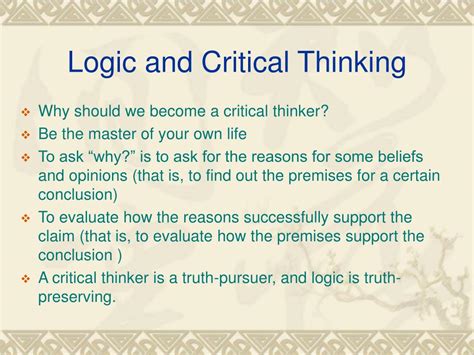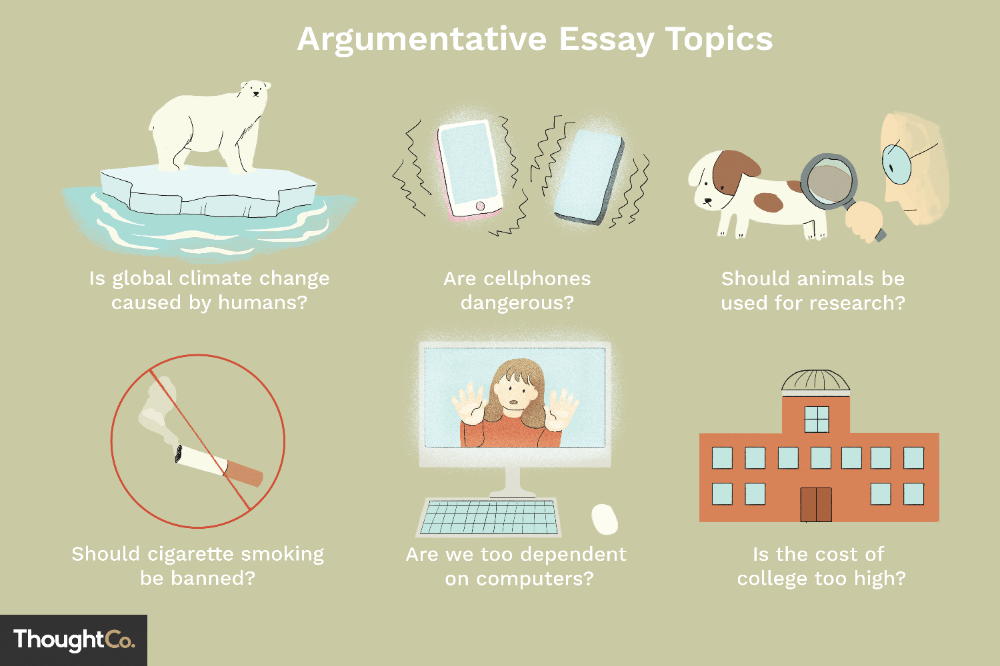When exploring the concept of an argument, it's essential to consider the various ways in which it can be defined and understood. An argument, in its most basic sense, is a claim or a set of claims made to support a particular position or point of view. However, the definition of an argument can be nuanced and multifaceted, depending on the context and the field of study. In this article, we will delve into five distinct ways to define an argument, examining the theoretical foundations, practical applications, and critical considerations of each approach.
1. Logical Definition: Argument as a Set of Premises and a Conclusion

From a logical perspective, an argument is often defined as a set of premises that lead to a conclusion. This definition emphasizes the structural aspects of an argument, highlighting the relationships between the individual claims and the overall claim being made. In this view, an argument consists of a series of statements, each of which provides evidence or support for the conclusion. For instance, consider the argument: “All humans are mortal. Socrates is human. Therefore, Socrates is mortal.” This argument follows a logical structure, with the premises providing a clear basis for the conclusion.
Key Elements of a Logical Argument
A logical argument typically includes several key elements, such as:
- Premises: The individual statements that provide evidence or support for the conclusion.
- Conclusion: The main claim being made, which is supported by the premises.
- Inference: The process of drawing a conclusion based on the premises.
2. Rhetorical Definition: Argument as a Means of Persuasion

In contrast to the logical definition, the rhetorical definition of an argument emphasizes its role in persuasion and communication. From this perspective, an argument is a means of convincing others to adopt a particular point of view or take a specific action. This definition highlights the importance of audience, context, and language in shaping the argument. Effective arguments, in this sense, are those that resonate with the audience and take into account their values, beliefs, and concerns. For example, a persuasive speech might use emotional appeals, storytelling, and logical reasoning to convince the audience of a particular point of view.
Key Strategies for Rhetorical Arguments
Rhetorical arguments often employ a range of strategies, including:
- Pathos: Appealing to the emotions of the audience.
- Logos: Using logical reasoning and evidence to support the argument.
- Ethos: Establishing credibility and trust with the audience.
3. Philosophical Definition: Argument as a Form of Inquiry
Philosophers often define an argument as a form of inquiry, a process of critical thinking and examination of assumptions. This definition emphasizes the importance of questioning, analyzing, and evaluating evidence and claims. In this view, an argument is not just a means of persuasion, but a way of seeking truth and understanding. Philosophical arguments typically involve a deep examination of the underlying principles and assumptions, as well as a consideration of alternative perspectives and counterarguments. For instance, a philosophical argument might explore the nature of reality, the meaning of life, or the implications of a particular moral principle.
Key Principles of Philosophical Arguments
Philosophical arguments are guided by several key principles, including:
- Critical thinking: The ability to analyze and evaluate evidence and claims.
- Skepticism: The willingness to question assumptions and challenge prevailing views.
- Open-mindedness: The ability to consider alternative perspectives and counterarguments.
4. Social Definition: Argument as a Form of Social Interaction
Arguments can also be defined as a form of social interaction, a way of engaging with others and negotiating meaning. This definition highlights the importance of context, power dynamics, and social norms in shaping the argument. In this view, an argument is not just a matter of individual persuasion, but a collective process of negotiation and agreement. Social arguments often involve a range of social and cultural factors, including language, identity, and social status. For example, a social argument might involve a discussion about social justice, a debate about cultural values, or a negotiation about community norms.
Key Aspects of Social Arguments
Social arguments involve several key aspects, including:
- Context: The social and cultural context in which the argument takes place.
- Power dynamics: The relationships of power and influence between the parties involved.
- Social norms: The unwritten rules and expectations that shape social behavior.
5. Cognitive Definition: Argument as a Mental Process

Finally, arguments can be defined as a mental process, a way of thinking and reasoning that involves the evaluation of evidence and the formation of conclusions. This definition emphasizes the cognitive aspects of argumentation, highlighting the role of mental models, biases, and heuristics in shaping our arguments. In this view, an argument is not just a product of external factors, but also a reflection of our internal mental processes. Cognitive arguments often involve a range of cognitive biases and limitations, including confirmation bias, anchoring bias, and the availability heuristic. For instance, a cognitive argument might involve a discussion about the implications of a particular mental model or the limitations of human reasoning.
Key Factors in Cognitive Arguments
Cognitive arguments are influenced by several key factors, including:
- Mental models: The internal representations of the world that shape our thinking and reasoning.
- Cognitive biases: The systematic errors and limitations that affect our thinking and decision-making.
- Heuristics: The mental shortcuts and rules of thumb that guide our thinking and reasoning.
Key Points
- Arguments can be defined in various ways, including logical, rhetorical, philosophical, social, and cognitive approaches.
- Each definition highlights different aspects of argumentation, such as structure, persuasion, inquiry, social interaction, and mental process.
- Effective arguments often involve a combination of these approaches, taking into account the context, audience, and purpose of the argument.
- Arguments are shaped by a range of factors, including language, culture, power dynamics, and cognitive biases.
- Understanding these different definitions and factors can help us become more effective arguers and critical thinkers.
| Argument Type | Description |
|---|---|
| Logical Argument | A set of premises that lead to a conclusion, emphasizing structural aspects of argumentation. |
| Rhetorical Argument | A means of persuasion and communication, emphasizing audience, context, and language. |
| Philosophical Argument | A form of inquiry, emphasizing critical thinking, examination of assumptions, and evaluation of evidence. |
| Social Argument | A form of social interaction, emphasizing context, power dynamics, and social norms. |
| Cognitive Argument | A mental process, emphasizing the role of mental models, biases, and heuristics in shaping our arguments. |

What is the primary goal of a logical argument?
+The primary goal of a logical argument is to provide a clear and convincing conclusion based on a set of premises, using logical reasoning and evidence to support the claim.
How do rhetorical arguments differ from logical arguments?
+Rhetorical arguments differ from logical arguments in that they focus on persuasion and communication, taking into account the audience, context, and language, whereas logical arguments emphasize the structural aspects of argumentation and the use of evidence to support a conclusion.
What is the role of cognitive biases in shaping our arguments?
+Cognitive biases play a significant role in shaping our arguments, as they can influence our perception of evidence, our evaluation of information, and our formation of conclusions. Understanding these biases is essential for critical thinking and effective argumentation.
In conclusion, the concept of an argument is complex and multifaceted, encompassing a range of definitions and approaches. By understanding these different perspectives, we can become more effective arguers, critical thinkers, and communicators, able to navigate the complexities of argumentation and persuasion in a variety of contexts.



